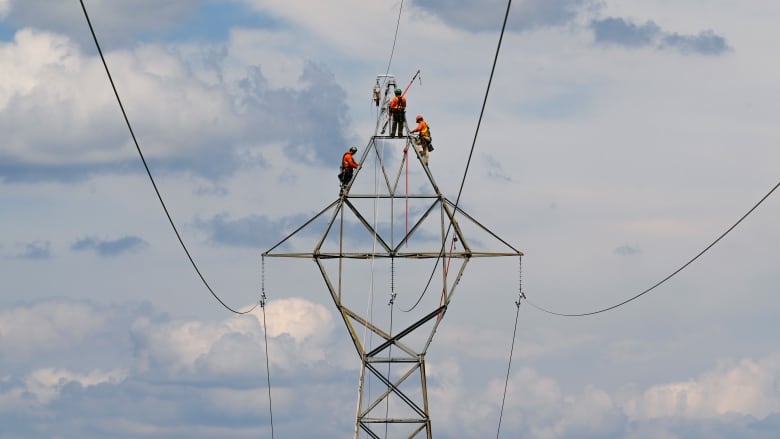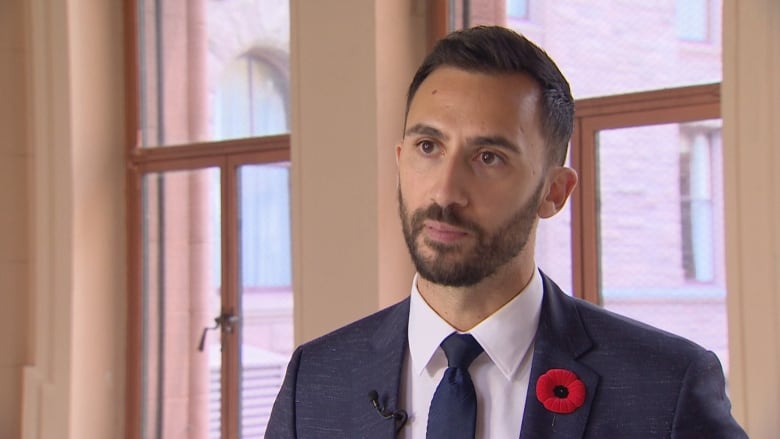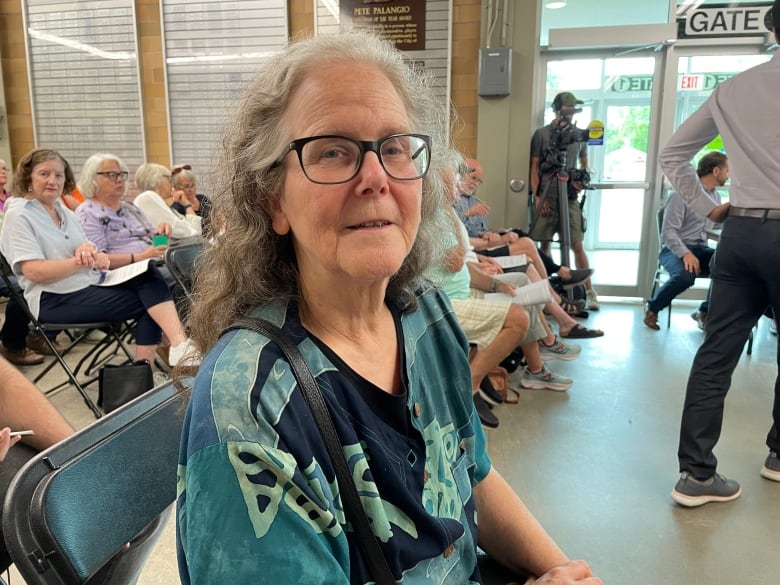Province looks to northern Ontario to help expand power grid by 2050 as demand rises
Ontario mentioning incentives for northern projects and "unlocking" Crown land for renweable proposals

Ontario will be looking to the north as it launches a push for bids for new energy projects, with the goal of adding some 5,000 megawatts to the electricity grid to meet demand in the coming decades.
Energy Minister Stephen Lecce outlined the government's strategy for future energy procurement this week.
"We will need at least 60 per cent more energy by 2050. The province needs more energy to grow our economy," Lecce said.
In a news release, the province said one of its goals is "projects located in northern Ontario, protecting prime agricultural land, along with a plan to "unlock Crown lands for renewable energy."
Those projects may range from wind and solar to biomass, natural gas and nuclear options.

Ontariois giving power to municipalities to decide if they want a particular energy project.
As well, the province says it will "incentivize" economic opportunities for projects with or by First Nations on whose traditional territories the projects are proposed.
How the procurement will happen is still to be determined. The Independent Electricity System Operator (IESO) a Crown corporation responsible for operating Ontario's electricity market will develop a framework for the process by Sept. 20, according to a news release.
That framework will be instrumental in providing information on what the benefits might look like for northern communities, according to Warren Mabee,director of the Queen's Institute for Energy and Environmental Policy at Queen's University,

"We don't know the ins and outs of how they're going to make this call for power, but one of the important things that they (IESO) could do is talk about how these projects can generate community benefit, or local, regional benefit in the form of jobs, in the form of a diversified tax base, in the form of revenues," said Mabee. "There's a bunch of things that it could do, but it needs to be spelled out"
The mention of "unlocking" Crown lands for renewable energy raised some concerns fromthe project manager of the environmental advocacy groupNorthwatch.
Brennain Lloyd said the group has asked the government to be more involved in planning rather than just openup bids for projects.
She said she has a lot of questions about how Crown lands might be used.

"The concerns arise quite immediately about what projects, and whereand what limits will be on those projects, and what natural values, what recreational uses, what other land uses might be lost," she said. "And really we don't know what they are talking about, wind? Are they talking solar? Are they talking more hydroelectric?"
Lloyd saidthose are all good energy projects, but much depends on how well they are managed and what protections will be in place.
A spokesperson for the energy minister responded in a statement, saying it is working closely with other ministries, including the Ministry of Natural Resources (MNR).
The minister's directive letter to the IESO says it's the government's firm position that no project will be built without a supportive municipal council resolution by the time of proposal submission.
Thatincludes projects built on Crown land within an organized municipality.
Any project proposed on Crown land and not within a municipality would need to obtain support from MNR, through a Crown Land Site Report, in lieu of a municipal support resolution.
Under the IESO framework, the procurements should conclude by Feb. 28, 2026.












_(720p).jpg)


 OFFICIAL HD MUSIC VIDEO.jpg)
.jpg)



























































































